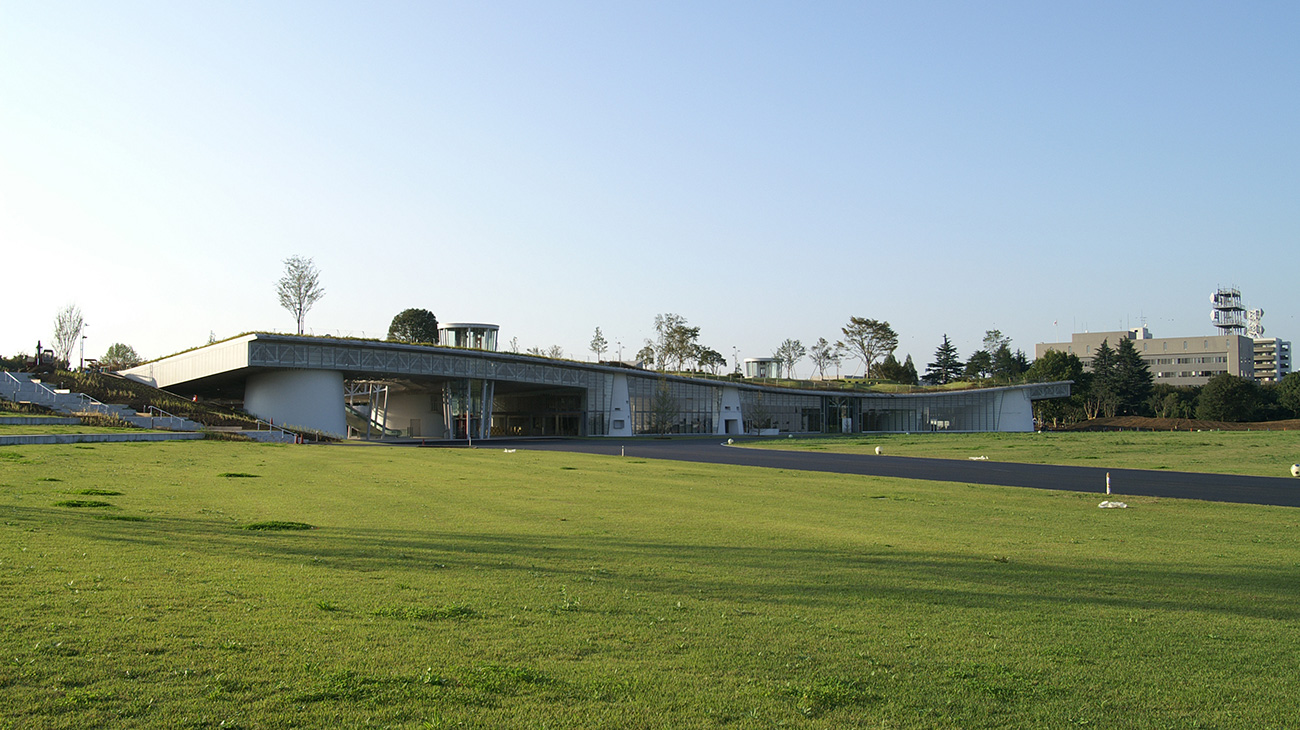Yoshiharu Tsukamoto: Architectural behaviorology
Atelier Bow-Wow's Yoshiharu Tsukamoto lectures on the ideas and work of his firm.
November 3, 2010
7:00 p.m.
Current Work is a lecture series featuring leading figures in the worlds of architecture, urbanism, design, and art.
Yoshiharu Tsukamoto, co-founder of Tokyo-based Atelier Bow-Wow, will explore the concept of “architectural behaviorology” in the firm’s recent and current work. “Behavior,” as defined by Tsukamoto, can include human behavior inside and outside of buildings; physical phenomena produced by different environmental elements such as light, air, heat, wind, and water; and a building’s behavior in its surroundings. “Architectural behaviorology” aims to understand the behaviors of those different elements in order to synthesize them, optimizing their performance in their specific contexts and suggesting a new idea of the “organic” in architecture.
Yoshiharu Tsukamoto co-founded Atelier Bow-Wow in 1992 with his partner Momoyo Kaijima. The pair’s interest lies in diverse fields ranging from architectural design to urban research and the creation of public artworks. The practice has designed and built over 20 houses, public museums, and commercial buildings, mainly in Tokyo. In recent years it has expanded its works internationally, including France, Denmark, and the United States.
Pet Architecture Guidebook and Made In Tokyo, published in 2001, were amongst many urban research studies that led to the experimental project “micro-public-space,” a new concept of public space, which has been exhibited across the world at events such as Biennales in Sao Paulo, Venice, Istanbul, and Liverpool.
The firm’s most recent projects include Four Boxes Gallery in Skive, Denmark; Linz Super Branch in Austria; and Rue Rebiere in Paris. Earlier this year, Rizzoli published a monograph on the firm, Behaviorology. Atelier Bow-Wow were featured in the Japanese Pavilion of this year’s Venice Biennale and were recently commissioned by the Guggenheim Museum to design the first BMW Guggenheim Lab, a traveling, movable structure that will be a public space to share ideas and solutions on issues surrounding urban life.
In addition to the practice, Tsukamoto is an associate professor at Tokyo Institute of Technology, and has been a visiting faculty member at the Harvard GSD and UCLA.
Moderated by Anthony Vidler. Vidler is Dean of the Irwin S. Chanin School of Architecture of The Cooper Union.
Support
This lecture is co-sponsored by The Irwin S. Chanin School of Architecture of The Cooper Union.
This program was made possible in part by public funds from the National Endowment for the Arts; the New York State Council on the Arts, a State Agency; and the New York City Department of Cultural Affairs, in partnership with the City Council.



Explore
Interview: Estudio Macías Peredo
Salvador Macías Corona and Magui Peredo Arenas draw from their local context to create contemporary buildings with traditional craft practices.
Sou Fujimoto: Between nature and architecture
The Japanese architect discusses three early conceptual works and six recent projects.
Tokyo’s pantry: Tsukiji and the commodification of market culture
Alice Colverd and Alexander McLean write about Tokyo’s Tsukiji fish market, which the city plans to relocate in time for the 2020 Olympic games.

